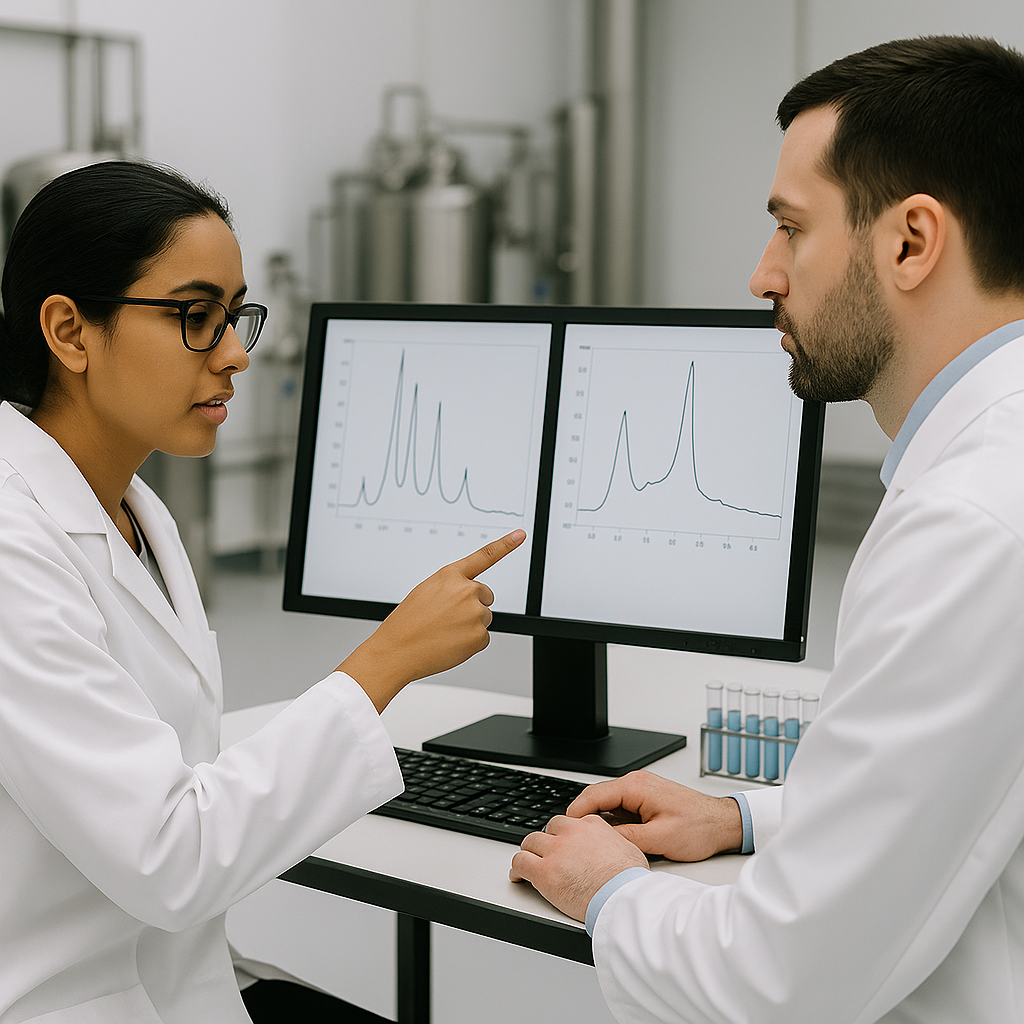
When developing analytical methods for pharmaceuticals, two critical aspects must be considered—validation and verification. While both ensure the accuracy and reliability of analytical techniques, they serve distinct purposes. Understanding their differences is essential for maintaining regulatory compliance and product quality.
Analytical validation is the process of proving that a method is suitable for its intended purpose. It ensures that the method provides accurate, precise, and reproducible results under specified conditions.
Validation is required for newly developed methods before they are implemented in routine analysis.
Verification, on the other hand, is the process of confirming that an established analytical method performs as expected when used under specific conditions in a particular laboratory.
| Feature | Validation | Verification |
|---|---|---|
| Purpose | To establish method suitability | To confirm method performance in a new setting |
| When Required | For new methods | When transferring or adopting an existing method |
| Regulatory Need | Required for new submissions | Required for site-specific implementation |
Both processes are essential to maintain pharmaceutical quality control, ensuring that drugs meet regulatory standards and remain safe for consumption.
IntroductionBefore a new drug can be tested in humans, it must receive approval through an Investigational New Drug (IND) Application. This vital filing is the gateway to clinical development in... Read more
IntroductionIn the competitive world of pharmaceutical ingredients, effective API sales and marketing strategies are crucial for standing out. It’s not just about showcasing products—it’s about building relationships, trust, and visibility... Read more
IntroductionForced degradation studies are an essential part of pharmaceutical development, providing insight into the stability and shelf life of active pharmaceutical ingredients (APIs) and drug products. These studies simulate extreme... Read more